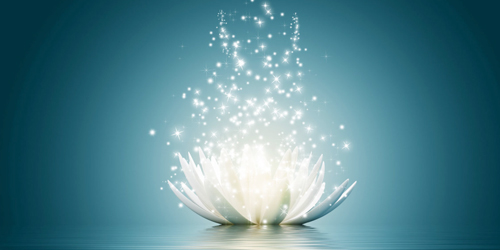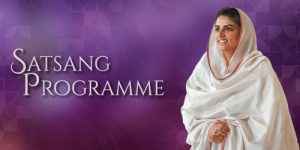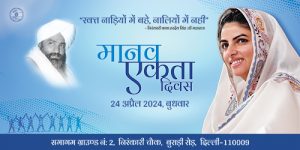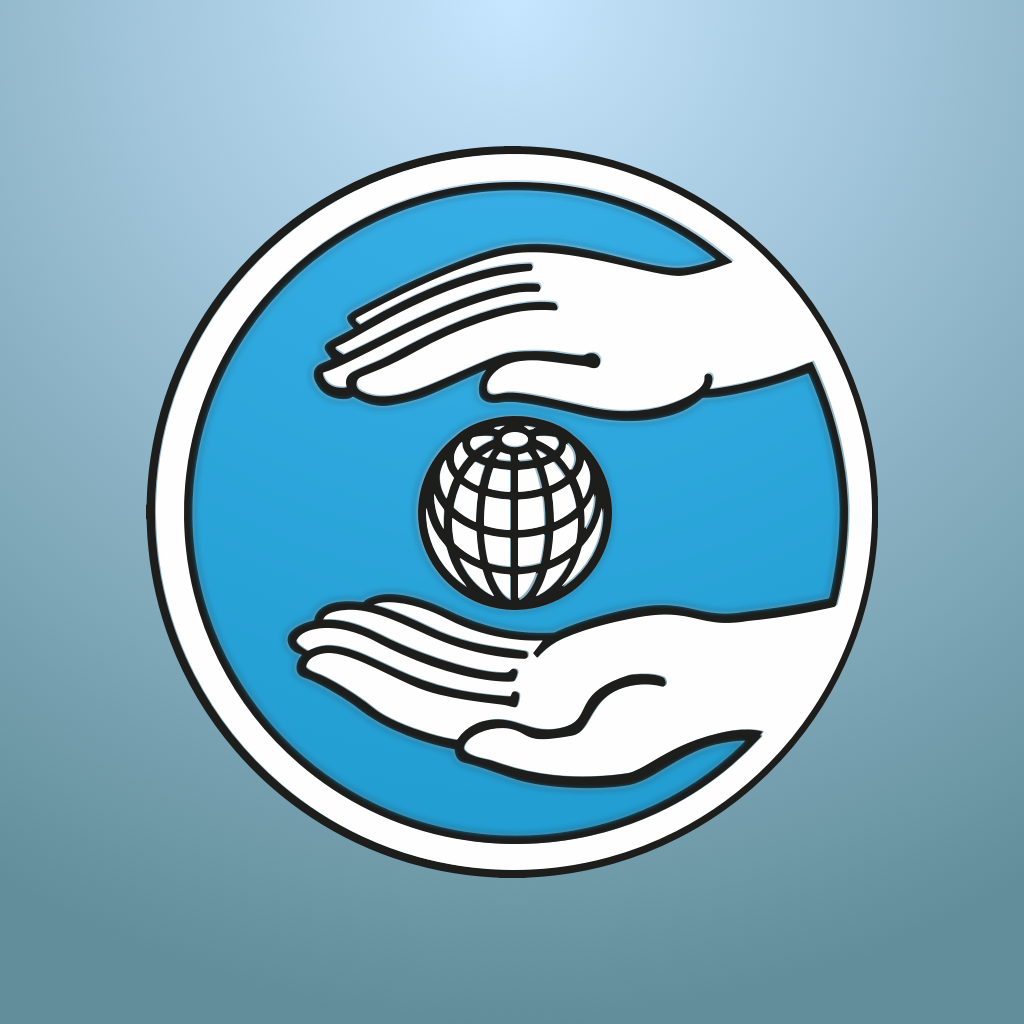This world, both diverse and different, is one that we all share collectively. The air that we breathe, the water that we drink, the earth that we exist on, and the heat (fire) that sustains us, are common to us all. These are limited, precious resources, unique to planet earth alone. It is, therefore, incumbent upon us to live with cooperation, concurrence and love, not only to maximise our resources, but also to improve the quality of life.
Can we really imagine life without oxygen, food without condiments, and nature without its kaleidoscopic colours? Indeed, not only would it be difficult, but bland and boring as well. Likewise, life without love is no different. It is colourless, crude and cruel. But with it, together with the values of compassion, humanity and humility, it keeps the fabric of society holistically solid and strong.
We only have to look at the lives of saints, seers, gurus and prophets. Kabir Dass, Jacob Boehme, Guru Nanak, Jesus Christ and Prophet Mohammad immediately come to mind. Not only do they still inspire us, but they also help us to break free from our delusional, self-made prison. Einstein1 sums it up as follows:
A human being is part of a whole, called by us the ‘Universe’ – a part limited in time and space. He experiences himself, his thoughts, and feelings, as something separated from the rest- a kind of optical delusion of his consciousness. This delusion is a kind of prison for us, restricting us to our personal desires and to affection for a few persons nearest us. Our task must be to free ourselves from this prison by widening our circles of compassion to embrace all living creatures and the whole of nature in its beauty.
Every day in my professional life, I see that we cannot continue to work without the input of humanity, love and compassion. When it comes to mental health issues, I have observed that at times even close family members neglect and ignore the patient. And yet ironically, friends and community members feel the pain. They go out of their way to provide help, support and care. Such kind, empathic people keep our faith in humanity intact, for they care for the vulnerable.
I, myself, have gone through many emotionally tough situations – I lost a close friend and was also bereaved of my parents; I experienced adverse health and had to negotiate several personal stresses. They all helped me in understanding the pain of other people. However, other than experiencing pain and suffering to understand the trials and tribulations of others, perhaps there is another way?
With the Knowledge of God2, we connect with our innate Divinity, and that of others too. This union becomes a wonderful way to forge links with fellow beings, for it helps us to know and remember that we are children of the same Father, Almighty God. After knowing that our shared heritage is Nirankar, we come to the realisation that we are all brothers and sisters. This makes it eminently possible to feel one another’s pain and suffering. Baba Hardev Singh ji used to remind us of the verse from the Avtar Bani:
Affliction, be it mine or thine,
Its import is the same for all!
Tears – be they mine or thine,
Their import’s the same for all
(Dukh tera ho ya mera ho dukh ki parbhasha ek hai.
Aansu tere ho, ya mere ho, aansu ki bhasha ek ha)
Indeed, it is after acquiring the Knowledge of God that we can rise above the barriers of colour, creed, diet and dress. It is then that we come to the deliberation that we are all spiritual beings, for whom human birth is a golden opportunity to manifest our true identity.
Going down memory lane, I was born into a family on whom the said Knowledge of Godhad been bestowed by the Spiritual Master. I used to wonder why my parents were so busy, for saints and other visitors were in and out of the house all the time. My father was mostly busy with Missionary work and other social responsibilities. My mother was also occupied. She worked at the Post Graduate Institute, where many were hospitalised. When some saints and family friends had health issues, they would come to our house, sometimes at odd times, for guidance and professional advice. I would often wake up only to be told that my mother is out, accompanying someone to the hospital in an emergency.
Navigating the public health system in India was tedious, and having someone who knew the system and people was always helpful. At times, this meant that we could not spend much time with our parents. Even so, they always made sure we were looked after and well provided for. When I grew up, the power of love and kindness slowly dawned on me. I understood for myself that my parents had been engaged in a life-long love of practical spirituality. As I reflect, I feel proud of my parents’ compassionate deeds, for they continue to inspire me. I will always be thankful to them and, of course, my Satguru for these beautiful teachings.
When I moved to Australia with my husband and son, I started practicing as a psychologist in Sydney. I was also seeing clients who had been affected by the acts of violence and abuse. Once I was assigned a client who was a perpetrator of crime. I struggled to connect and help him. I told my supervisor that I could not help this client and that she should take over. She agreed to do so. A few years down the track, I attended a professional training where the trainer shared his experience of helping people while working in a correctional facility.
He told us that there were many people there who had mental health issues and traumas. He shared with us that having worked there for years in helping and assisting, he saw first-hand the life-changing impact that therapy had on them. It made me think of my own experience. I then realised that it is so very important for everyone to be given a second chance, the opportunity to improve themselves. We should never judge another, or withhold our care, based on a snapshot of their circumstances.
Since then, I have come to understand that we need to be both loving and unconditionally accepting in our personal and professional life. Though it is easy to help victims of abuse or crime with my skills, it takes deeper connection to support those who have inflicted pain and suffering on others. We forget that we often produce what we have stored inside, and we are not all so fortunate to have enjoyed comfortable, safe and loving lives.
Satguru Mata Sudiksha ji has been teaching us to be non-judgemental, urging us to practice social service such as holding congregations in prisons, street cleaning drives, helping the needy, adopting orphans and so on. Such human kindness, researchers explain, has an effect on the body, that is nourishing. It lights up the love regions of the brain. It positively affects the entire body by triggering the release of oxytocins (neurotransmitters), which then cause the release of dopamine (lighting up the reward centre of the brain), and serotonin (which reduces anxiety).
I pray to the Almighty that we are all able to practise the teachings of our Spiritual Master. We are to be loving towards each other, not only to our own selves but those around us too. Not only when it is convenient to us, but at any time that someone is in need.
– Dr Gurprit Ganda, Sydney








